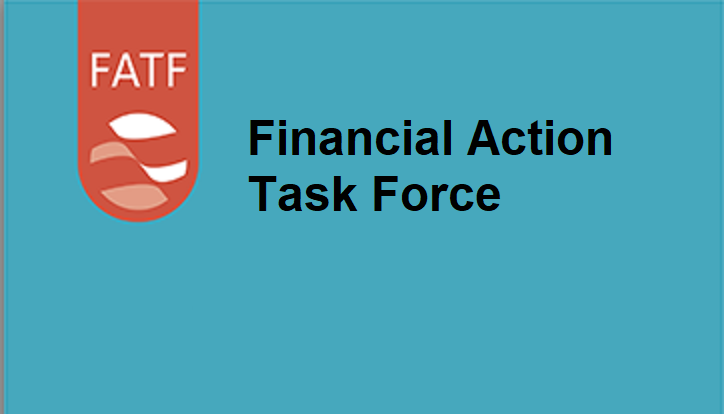News Highlight
The Financial Action Task Force (FATF) on Friday announced its decision to free Pakistan from its “grey list”.
Key Takeaway
- It has been four years since Pakistan was placed on the grey list of the FATF.
- FATF welcomed Pakistan’s significant progress in improving its anti-money laundering and combating financial terrorism (AML/CFT) regime.
- The FATF decided it’s plenary held in Paris on October 20-21.
- The decision will enable the country to get foreign funds to overcome its economic situation.
- Pakistan had completed most of the action items by the FATF in 2018.
- However, only a few items that were left unfulfilled, included its failure to take action against UN-designated terrorists, including Jaish-e-Mohammed (JeM) chief Masood Azhar, Lashkar-e-Taiba (LeT) founder Hafiz Saeed and the group’s “operational commander”, Zakiur Rehman Lakhvi.
- With Pakistan on the list, it had increasingly become difficult for Pakistan to get financial aid from the International Monetary Fund (IMF), the World Bank, the Asian Development Bank (ADB) and the European Union (EU).
Financial Action Task Force.
- About
- The FATF is an inter-governmental body that sets international standards to prevent international financial crimes that aid terrorism.
- Foundation:
- It was established at Paris’s G7 Summit of 1989.
- Headquarters:
- Its Secretariat is located at the Organisation for Economic Cooperation and Development (OECD) headquarters in Paris.
- Aims:
- To address loopholes in the global financial system after member countries raised concerns about growing money laundering activities.
- Functions:
- The FATF sets standards or recommendations for countries to plug holes in their financial systems and make them less vulnerable to illegal financial activities.
- It conducts regular peer-reviewed evaluations called Mutual Evaluations (ME) of countries to check their performance on standards it prescribes.
- The reviews are carried out by FATF and FATF-Style Regional Bodies (FSRBs), which then release Mutual Evaluation Reports (MERs).
- Members:
- The FATF currently comprises 37 member jurisdictions and two regional organisations (European Commission and Gulf Cooperation Council), representing most major financial centres in all parts of the globe.
- India has been a member of the FATF since 2010.
- FATA Grey list:
- Countries considered a safe haven for supporting terror funding and money laundering are put on the FATF grey list.
- At the end of every plenary meeting (meets a year thrice), FATF comes out with two lists of countries.
- The grey countries are designated as “jurisdictions under increased monitoring”, working with the FATF to counter criminal financial activities.
- FATF Black list:
- Countries known as Non-Cooperative Countries or Territories (NCCTs) are put on the blacklist.
- These countries support terror funding and money laundering activities.
- It means countries designated as high-risk jurisdictions subject to call for action.
- In this case, the countries have considerable deficiencies in their AML/CFT (anti-money laundering and counter-terrorist financing) regimens, and the body calls on members and non-members to apply enhanced due diligence.
- In the most serious cases, members are told to apply counter-measures such as sanctions on the listed countries.
- Currently, North Korea and Iran are on the blacklist.
- The consequence of being on the List:
- The list makes it hard for countries to get aid from organisations like the International Monetary Fund (IMF), Asian Development Bank (ADB), and the European Union.
- It may also affect capital inflows, foreign direct investments, and portfolio flows.
Content Source: The Hindu



